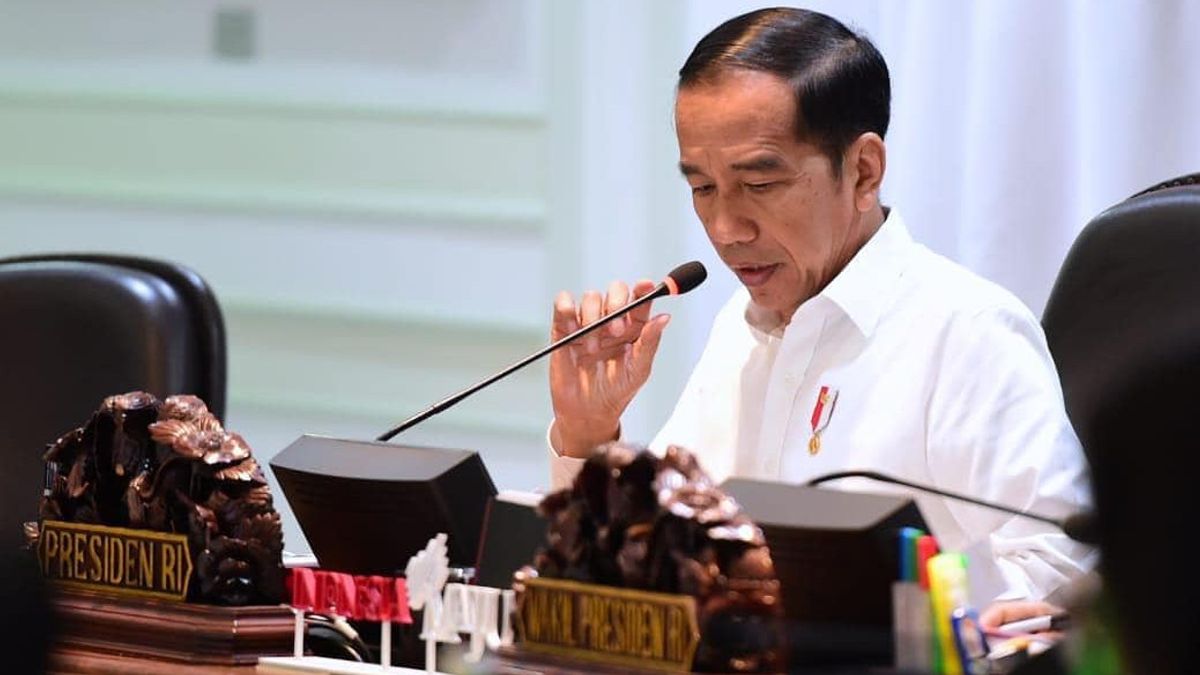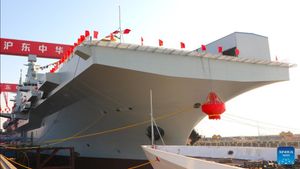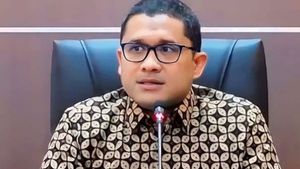JAKARTA - The United States (US) through the Office of the US Trade Representative (USTR) at the World Trade Organization (WTO) removed Indonesia from the list of developing countries. This American decision is considered to have an impact on Indonesia, especially regarding the Generalized System of Preferences (GSP).
This class increase will make Indonesia lose the GSP or trade policy of a country that reduces import duties. This is a one-sided trade policy from the US to help developing country economies, but it is not binding for both giving and receiving countries.
Indonesia's senior economist Aviliani said there were no indicators for developed countries in Indonesia. According to him, there is only economic growth. However, the number of unemployment and poverty is still high. Meanwhile, the category of developed countries is a country that is able to compete with other countries from around the world.
According to Aviliani, this GSP does not only depend on the US. When the WTO has removed Indonesia from a developing country, this GSP will also apply to all countries. "The problem is whether we are ready. They don't depend on us, you know," said Aviliani, when met at the Ritz-Carlton Hotel, South Jakarta, Wednesday, February 26.
"If our prices are not competitive, they can look for other supplies. We can actually protest. China alone can protest to be considered a developed country," he added.
Even so, according to Aviliani, actually the US decision can be used as an early warning for Indonesia. So, the government can already do a mapping of what to do if it really loses the GSP.
Moreover, several times President Joko Widodo (Jokowi) also mentioned that the Indonesian economy will be in the seventh to ten position of the strongest economies in the world by 2030. Meanwhile, in 2040-2045, Jokowi said that Indonesia would be included in the top five strongest economies in the world. In fact, Indonesia will be in fourth position.
"Maybe this is an early warning, right? We always say that in 2030 we will always be a big country with a per capita of 10 thousand (US dollars). That means we have to be ready with the lifting of the GSP. We have to really choose which industries have the competitive edge," he said.
Choosing a competitive industry, said Aviliani, is very important. This is because when the GSP is withdrawn, Indonesia will be able to compete and become a country that is needed by other countries. However, currently the government does not have a map of which countries depend on Indonesia.
"If we want to be honest, the current road map is no different from the road map ten years ago. It's just coal and palm oil. But we don't have it with Brazil, for example, what they really need from us. Indonesia doesn't have a road map about it. "I think this is our early warning that in the future we must determine the industry or sub-industry related to the needs of other countries to our country," he explained.
The English, Chinese, Japanese, Arabic, and French versions are automatically generated by the AI. So there may still be inaccuracies in translating, please always see Indonesian as our main language. (system supported by DigitalSiber.id)













